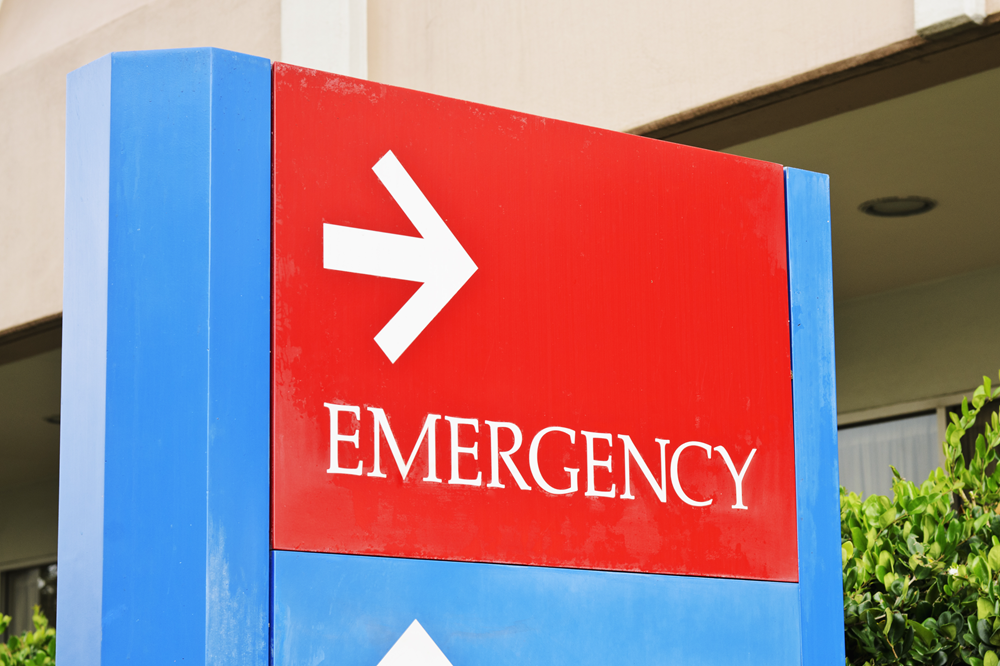ATV Accidents in Ontario
Many families in rural and northern Ontario have All-Terrain Vehicles, sometimes referred to as “Four-Wheelers” or “Quads,” or known simply by the abbreviation “ATVs.” These low, open motorized vehicles have thick tires and rugged construction. They’re built to handle, as the name implies, all types of terrain -- from sand to concrete, from grassland to uneven or muddy areas. This type of vehicle can come in very handy for farmers: riding an ATV makes tasks like going out to the pasture to check on pregnant cows, taking feed to animals, or mending fences quicker and easier. In some areas in the north, forestry workers use ATVs to reach their job site. ATVs are often the vehicle of choice for nature-loving hunters and campers, too; the vehicle has the ability to off-road in the wilderness. An ATV allows you to enjoy the fresh air, like a motorcycle, and adds a bit of adventure to any day. However, the statistics regarding ATV accidents in Ontario are shocking.
Dangerous Practices
Young and inexperienced drivers are often involved in ATV accidents. While on-road ATV drivers in Ontario must be at least 16 and in possession of a motor vehicle license, minors aged 12 and up are allowed to operate ATVs off-road. (Even younger children are allowed to drive ATVs as long as they are under the supervision of an adult, or on land owned by the ATV owner.) Some groups are lobbying to change these laws, due to the large number of children who have been severely injured or killed while riding an ATV. ATVs are large machines, and children don’t have the skill or judgement to control them properly. Rollovers are one of the most common accidents with these vehicles; ATVs require the rider to shift his/her weight, depending on the terrain. Besides the fact that this is very difficult for youngsters to do, children may not even weigh enough to be able to make the technique work. Almost 25% of ATV fatalities occur in children 15 years of age or under, and ATVs are the third most common cause of severe sports and recreation related injuries. The most common serious injuries suffered by children in ATV accidents are head injuries, fractures, and facial trauma.

Another major contributing factor to ATV accidents is alcohol use. ATVs are often compared to motorcycles, but a better comparison might be snowmobiles. Like the snowmobile, the ATV is often used for recreation off main roads. ATV riders, like snowmobilers, cover large areas of rural land or wilderness, and occasionally cross over highways. And ATV owners often travel in groups, riding for fun on weekends. Sadly, like snowmobilers, ATV drivers too often include alcohol in their leisure activities. The Injury Prevention Centre at the University of Alberta's School of Public Health, has been tracking these types of accidents, and found last year that more than half of ATV fatalities in their province involved alcohol. A simple Google search of “ATV accidents alcohol Ontario” yields pages of links to newspaper articles.
Speed is another cause of ATV accidents. While we often think of ATVs as small vehicles that are built for low speeds, in recent years, manufacturers have beefed up the size and power of their vehicles. Some weigh 800 pounds and can actually reach speeds of more than 90 miles/hour; this more powerful type of vehicle is also more dangerous. Other risk factors include carrying a passenger on an ATV that’s built for a single rider, trying dangerous stunts, and misgauging unfamiliar terrain. ATV accidents cause more serious injuries when users fail to use safety equipment. Helmets are mandatory in Ontario, but many ignore the law. Wearing seatbelts when they are present is also mandatory.
Insurance Claims
When someone has been injured while riding an ATV, they are usually able to file an insurance claim. It’s advisable that an accident victim or his/her family book an initial consultation with a lawyer from a personal injury law firm as soon as possible following the accident. A good lawyer will act as a support during a difficult and stressful time. He or she should be able to communicate well, and offer the client easy access to legal advice from the firm whenever necessary. A personal injury lawyer should be knowledgeable about types of therapy that may be useful in various situations, and be able to offer advice about medical practitioners.
These types of claims require a lot of exacting paperwork, and only a personal injury lawyer will have the experience and skill to make sure that all the requisite forms are submitted correctly and on time. He/she can help to gather all of the supporting material, from police reports to hospital records.
Unfortunately, ATV accidents are prevalent in Ontario. If you plan to ride an ATV, take steps to protect yourself. Wear a helmet, use a seat-belt if possible, and drive carefully!